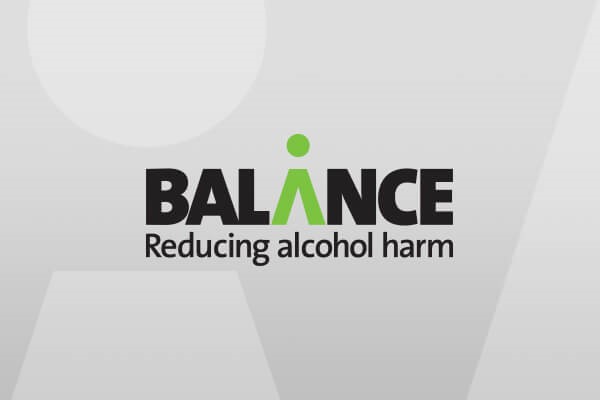Sporting legend asks staff at Cummins to think about drink
Local hero Bob Moncur was at Cummins today (Wednesday, June 16) to encourage staff to think about how much they drink during the World Cup.
The former Newcastle United captain is working with Balance, the North East Alcohol Office, to raise awareness of the damage that can be done by drinking at or above NHS recommended limits on a daily or almost daily basis.
Bob said: “For many of us, having a drink and watching the World Cup go hand in hand and we’re not saying people shouldn’t enjoy themselves. All we’re asking is that people are aware of the risks of drinking too much and think about how much they are consuming. We would also encourage them take some precautions such as alternating alcoholic drinks with soft drinks, making sure they eat or booking their taxi home before they go out.”
Hundreds of employees got the chance to meet Bernie/Bob and pick up information on the health harms associated with alcohol misuse and the impact that it can have on families.
They were also encouraged to complete a World Cup drink diary – setting out how they drank during England’s match with the USA on June 12. The diary gathers information on how much they drank, where they drank, whether they took advantage of any special alcohol deals, if they ate and where their children were while they drank.
Frank Walsh, Safety and Services Manager at Cummins, said: “At Cummins we have a proactive approach to protecting the health of our workforce.
“Ensuring that members of staff have access to good quality information helps them develop an informed opinion, which will safeguard their health and the wellbeing of their families.
“Alcohol misuse can have all sorts of implications in a workplace like ours, from long term health problems to hangovers which can contribute to accident and injury. A healthy workforce is a happy workforce – which is good for all of us.”
Colin Shevills, Director of Balance, added: “During the World Cup we traditionally witness an increase in alcohol consumption and with it a rise in hospital admissions, reports of domestic abuse and assaults. Providing people with information to encourage them to change the way they think and drink is an important part of a range of measures to tackle alcohol misuse, which includes the introduction of a minimum price per unit of alcohol.”
Alcohol misuse, described as drinking at or above the NHS recommended limits of 2-3 units a day for women (about two small glasses of wine) and 3-4 units a day for men (about two pints of 4% strength lager), can have a negative impact on:
• short-term health, leading to anxiety or impotence or causing accidents and injuries
• the family. Alcohol can trigger relationship damaging arguments and hung-over irritability. It is also a major factor in almost half of all cases of domestic violence
• The waistline – the average pint of premium lager contains as many calories as two pork pies
• Personal safety. Drinking too much means people are more likely to be involved in a fight, accident or crime.
Although Balance is not suggesting that people stop drinking completely during the World Cup, the Office is suggesting that people keep an eye on how much they consume, particularly if drinking at home when it’s easy to underestimate how much people are pouring.
Anyone interested in tracking how much they are drinking during the World Cup can fill in a drink diary at www.nhs.uk/units or download a Drinks Tracker at www.nhs.uk/alcohol.
Other tips to help people cut down their consumption include:
• Measure it: use a measure at home when you’re pouring drinks for you or your guests.
• Dilute it: give yourself a longer drink by adding water, sparkling water or a soft drink to your spirits.
• Reduce it: if you’re drinking wine, simply choose the smaller glass and fill it up slightly less. You’ll hardly notice but it all adds up.
• Try it: be brave and try lower alcohol alternatives. There are many more, high quality low- or no-alcohol beers and wines available now so give it a try.
• Alternate it: slow down your speed of drinking by having a non-alcoholic drink, such as water or orange juice, in between alcoholic drinks.
• Save it: as an added incentive, put the money you’d normally spend on alcohol for the home in a piggy-bank and see how much you’ve saved by the end of the month.
